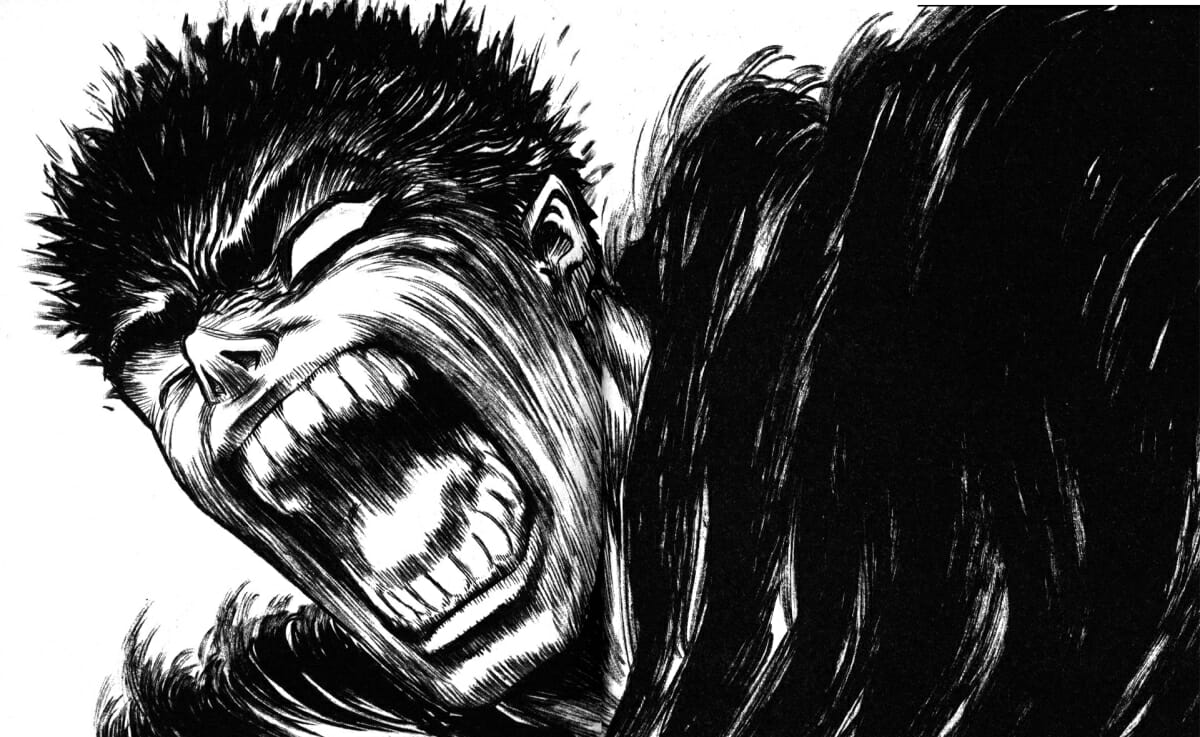
Disintegration | A journey of purification and reconstruction
Artist
Year
Tracks
Runtime
Written by
Produced by
Genre
Label
Disintegration is the eighth studio album by the English band The Cure. It was recorded at Hook End Manor Studios in Oxfordshire in late 1988 and produced by Robert Smith himself in collaboration with David M. Allen.
The album was the band’s first commercial peak – with tracks such as Lovesong which became a hit in the United States – and also marked a return to the introspective Gothic rock style the band had established in the early 1980s.
Frustrated over the band’s labeling as predictable and nearing the age of 30, vocalist and guitarist Smith felt an increased pressure to revisit darker atmospheres. Disintegration is a journey of purification and reconstruction, merging the obscurity of the early days with the greater accessibility of the later phase.
Disintegration also went down in rock history as perhaps the most controversial album in the band’s discography. It was beloved by millions for its poignant romanticism, but also considered too pompous and commercial by many others.
Back to the origins
After the post-punk debut of Three Imaginary Boys (1979), The Cure had established themselves as a prominent gothic rock band. The following albums – Seventeen Seconds (1980), Faith (1981), and Pornography (1982) – dived deeper into gothic imagery and atmospheres.
As years went by, the band started to integrate more pop-oriented themes. The release of The Top (1984), The Head on The Door (1985) and Kiss Me Kiss Me Kiss Me (1987) marked the beginning of their commercial success. Singles like In-Between Days and Close to Me helped the band become a force in the US for the first time.
In 1989, Robert Smith deliberately sought to record an album that was depressing. He isolated himself, lapsed back into drugs, and began to write music without the rest of the band. The material instantly took a somber form, marking a return to the band’s original aesthetics.
The album shows significant usage of synthesizers and keyboards, a considerable amount of guitar effects, and extended instrumental introductions. Emerging from an almost orchestral structure, Smith’s introspective lyrics unravel.
On the road to purification
While the album mainly consists of somber tracks, Smith wanted to create a balance by adding some more accessible songs.
Pictures of You, for instance, is a sentimental tune, inviting the listeners to dwell in past memories. Along with them, Smith makes his way through a stack of photos and reveals his nostalgia.
The concise hit Lovesong follows the phantasmal Closedown. Lovesong was a wedding present for Mary Poole, Smith’s lifelong partner. The lyrics had a different mood than the rest of the record. Nonetheless, Smith felt it played a crucial role in the album:
It’s an open show of emotion. It’s taken me ten years to reach the point where I feel comfortable singing a very straightforward love song.
The track marked a sudden change in Smith’s way of writing lyrics and revealing affection. As he noted, without Lovesong, Disintegration would have been radically different:
That one song, I think, makes many people think twice. If that song wasn’t on the record, it would be very easy to dismiss the album as having a certain mood. But throwing that one in sort of upsets people a bit, because they think: ‘That doesn’t fit’.
The record continues with Lullaby, an unsettling and enticing piece. The track is composed of “sharp stabs” of rhythmic guitar chords with Smith whispering the words. The inspiration came from David Lynch’s Eraserhead, but also from lullabies Smith’s father would sing to him when he could not sleep.
In the second part of the album, the atmospheres become even darker. Tracks turn into desperate hymns in the search for catharsis in the rain (Prayers For Rain) and funeral chants of separation and loss (The Same Deep Water As You).
Finally, purification is accomplished through the sweet melancholy of the Homesick and the composed tranquillity of Untitled, which is that of the final realization of a defeat. And it is no coincidence that the song is “untitled”, turning into a sort of blank page open to the future.
A new departure
Disintegration is a journey of purification and reconstruction. At the end of this journey is a new departure, one which merges obscurity and accessibility. It’s also a classic concept album, one of those works whose songs are inextricably linked to each other.
The band has rebuilt itself, in short, but not before having destroyed – or rather disintegrated – the past.
You can listen to Disintegration on Spotify.
Tag
Buy a ☕ for Hypercritic








